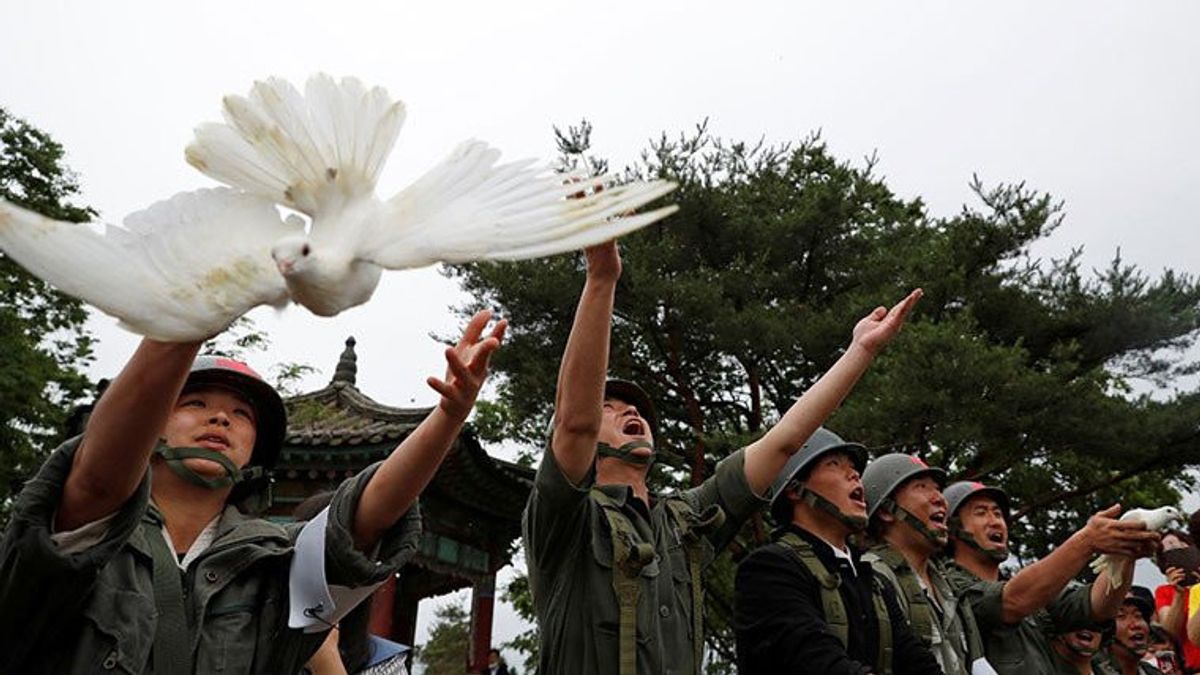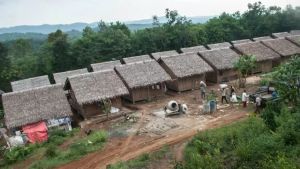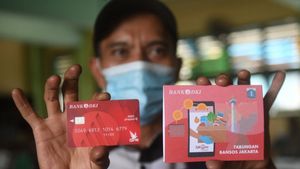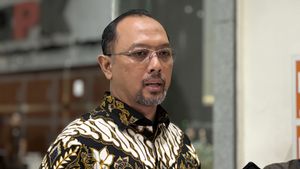JAKARTA - South Korea is again faced with a dilemma related to immigrants. This year South Korea received six thousand refugee proposals, when the country imposed restrictions due to the corona virus. This issue raises South Korea, which has long been reluctant to accept refugees.
Of the six thousand applicants, this year South Korea has only received 164 asylum seekers. Apart from the restriction policy, immigration is indeed a debate in South Korea.
Many people in South Korea take pride in ethnic homogeneity. In fact, on the other hand, South Korea has long experienced demographic problems.
South Korea's population of 51 million is aging rapidly. The workforce shrank significantly.
The figure of 5,896 applicants for refugee status between January and August is down about 36 percent from the same period last year. The data was obtained from the South Korean Ministry of Justice last week.
Refugees from Russia topped the applicant list with nearly 18 percent. After that, it followed people from Egypt, Kazakhstan, Malaysia and India.
Only about four percent of the 4,019 people who completed the screening process were accepted or given shelter for humanitarian reasons, although South Korea still does not recognize them as refugees. This figure is less than six percent in 2019 and 16 percent in 2018.
South Korea began accepting refugee applications in 1994, in line with the UN refugee convention. The number of asylum seekers to South Korea has risen sharply since they became the first Asian country to adopt its own law on refugees in 2013.
This number reached its peak in 2018, namely 16,173 people. However, the government held back after the sudden arrival of many Yemenis on the southern resort island of Jeju. At that time, the surge in Yemeni refugees sparked fears of increasing crime and other social ills.
A different policy is set on defectors from neighboring North Korea. They are not considered as asylum seekers. North Korean defectors automatically receive South Korean citizenship.
In Europe, although applications for asylum have also plummeted this year amid border closings, many countries have protected hundreds of thousands of refugees ravaged by war and poverty. It's different from Asia. Where only a few Asian countries, including Japan, were moved to accept more refugees.
New York-based Human Rights Watch criticized Seoul's strict refugee policy this year. They urged more acceptance and transparency in application reviews.
The English, Chinese, Japanese, Arabic, and French versions are automatically generated by the AI. So there may still be inaccuracies in translating, please always see Indonesian as our main language. (system supported by DigitalSiber.id)













